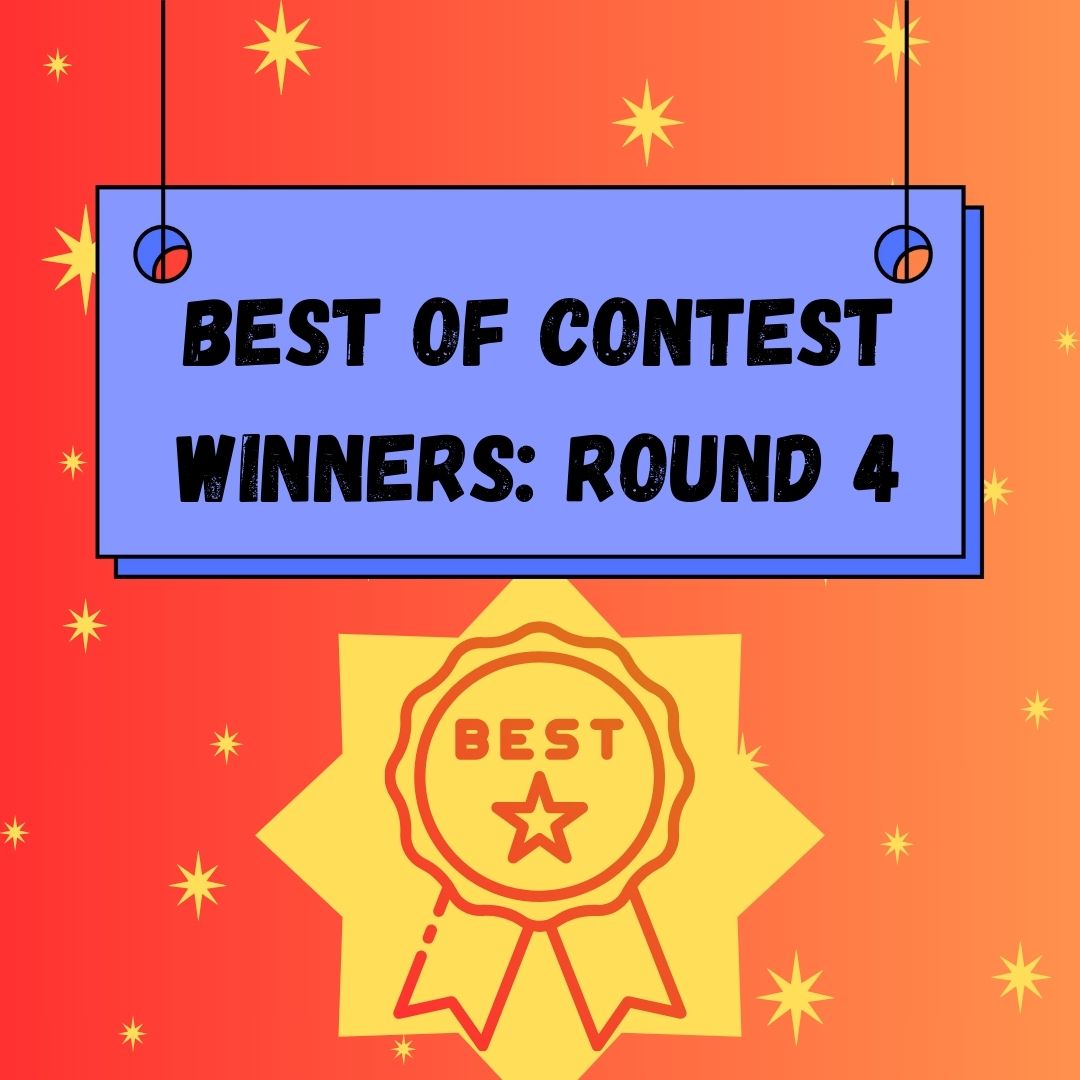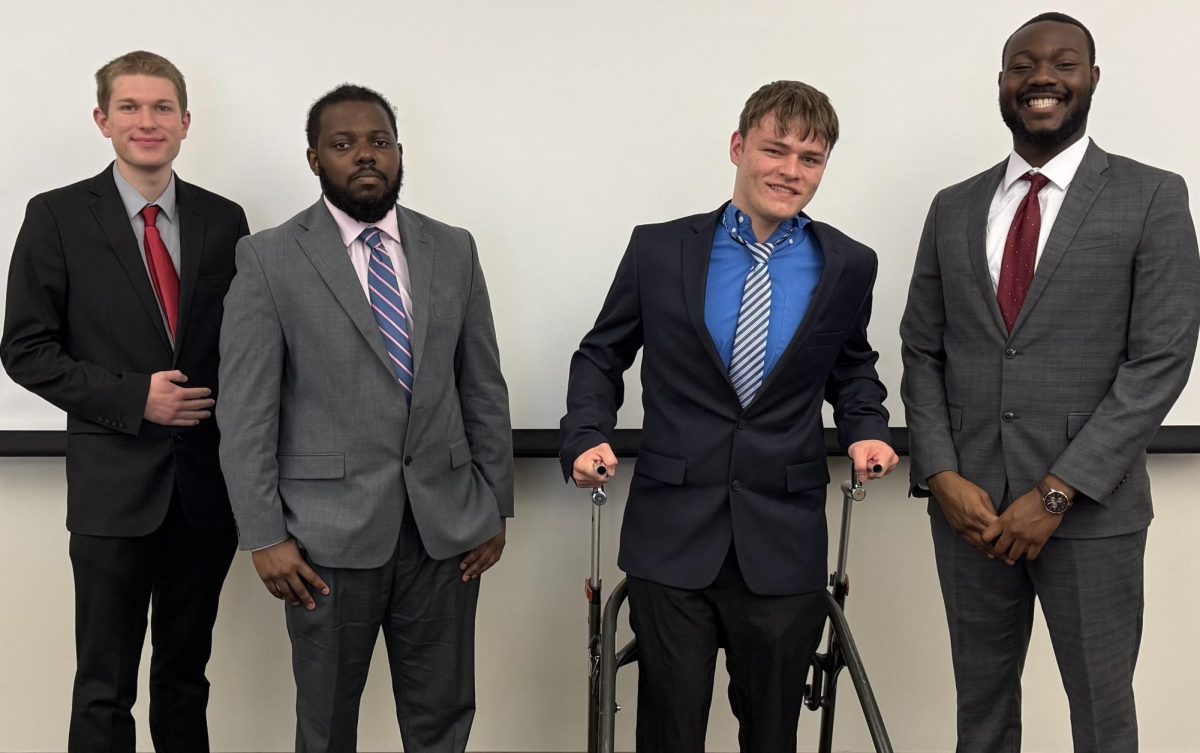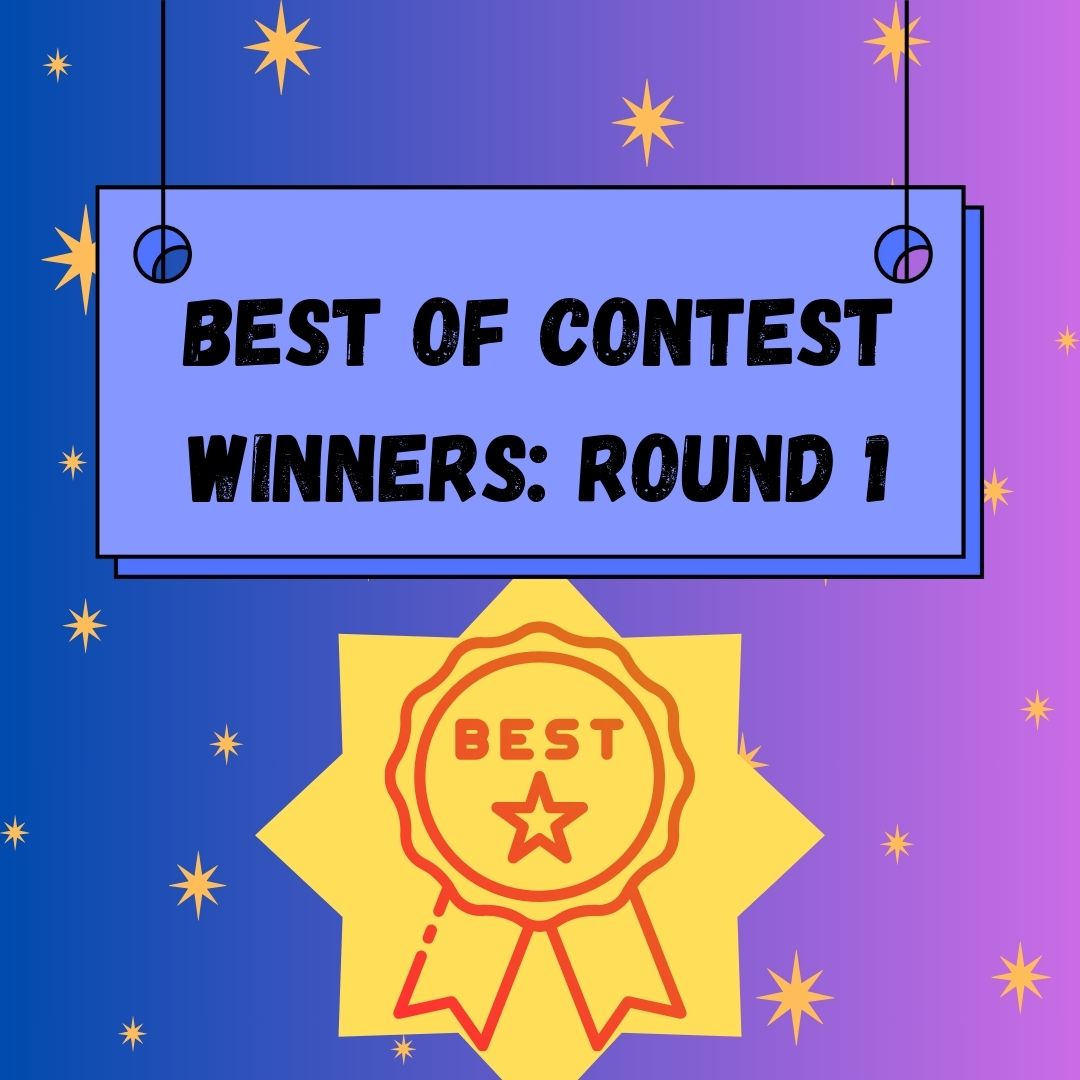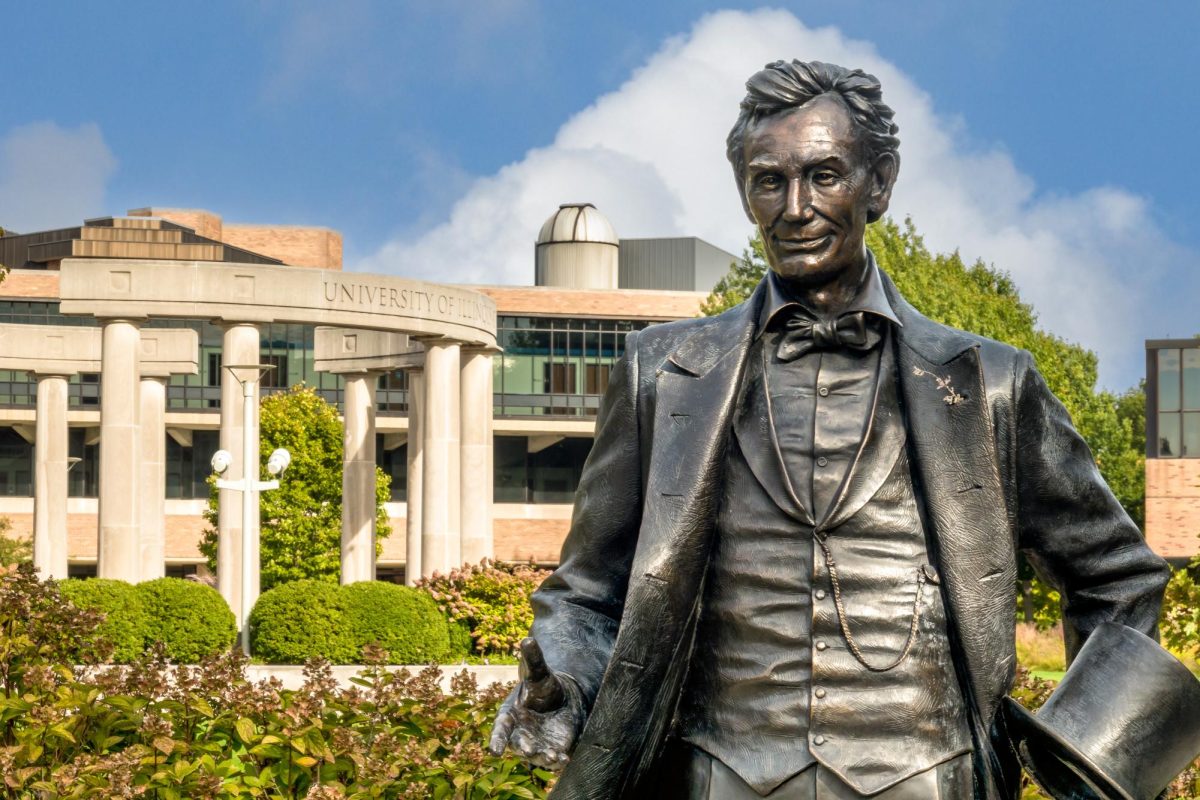Budget problems end Heilongjiang Faculty Exchange
UIS Exchange/Visiting Scholar Program
March 3, 2017
The Heilongjiang Faculty Exchange Program (also called the Harbin Exchange Scholar Program) ended a year and a half ago due to longstanding, unresolved funding issues, which were further exacerbated by the ongoing budget stalemate in Springfield.
Started in the 1980s under Alex B. Lacy, the second president of Sangamon State University, the Heilongjiang Faculty Exchange Program entailed a scholarly exchange of knowledge through teaching, lecturing, research, and relationships.
“The Harbin/Springfield exchange scholar program was a fantastic intercultural exchange which I believe brought significant value to both sides,” wrote Leonard Branson, a professor and the chair of the Department of Accountancy, who participated as an exchange scholar in 2004.
“It was not what we think of as a regular exchange of one-to-one because … we would try to send one or two people there and they would try to send one or two people here, but for very different lengths of time,” said Larry Golden, emeritus professor of political science and legal studies at UIS.
“It was of great benefit to people here despite that because they would have the opportunity to interact with a Chinese teacher, and that Chinese teacher would take classes [and] establish relationships,” Golden continued.
Although the exchange program appears to have been mutually beneficial, the universities failed to hash out the disparity of costs, resulting in a suspension of the program, pending a more equitable renegotiation of costs.
“Under the previous agreement UIS supported the incoming exchange scholar and Heilongjiang [University] supported our scholar.
“With the difference in the length of stay of the scholars this became a financial burden for UIS particularly in a time of decreased state funding,” said Jonathan GoldbergBelle, the senior director for international programs and internships.
“[Heilongjiang] would send over one of their teachers for a year, and they wanted to have that be reciprocal,” said Golden, who continued, “The issue with our university mostly had to do with the fact that we were not willing to stake a faculty member and pay that salary so that they could go and live in China.”
Unlike an exchange scholar, who “exchanges” knowledge through teaching, lecturing, research, and relationships, visiting scholars typically come to a host university to avail themselves of the university’s resources while conducting research.
“About 10 years ago UIS began to welcome visiting scholars from institutions abroad,” said GoldbergBelle.
Visiting scholarships are generally regarded as prestigious honors which reflect well on one’s résumé.
“Over the past four years UIS has hosted 50 visiting scholars. The College of Business and Management has hosted 40. The College of Education and Human Services has hosted three.
“The College of Liberal Arts and Sciences has hosted two. The College of Public Affairs and Administration has hosted five,” said GoldbergBelle.
Visiting scholars need to be sponsored by a faculty member, a department, or a college to come to UIS, according to the UIS website.
“The only costs to UIS to host the visiting scholars has been the Intensive English Program’s offering of a course in conversational English and the cost of U.S. government approval to prepare the necessary immigration documents so that the scholars could secure the necessary visa,” explained GoldbergBelle.
“We will give them office space to use, and make sure they have internet; and, normally, we have them work with a faculty member or two, and to go in and attend classes,” said Ronald McNeil, dean of the College of Business and Management.












